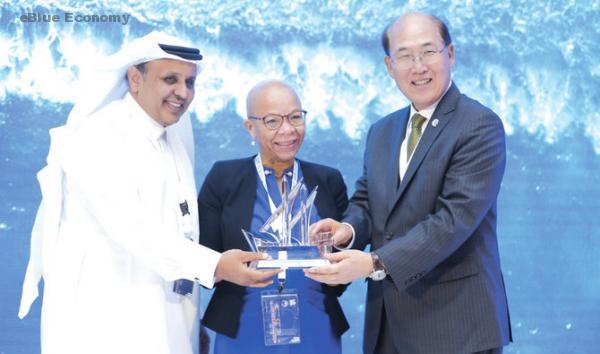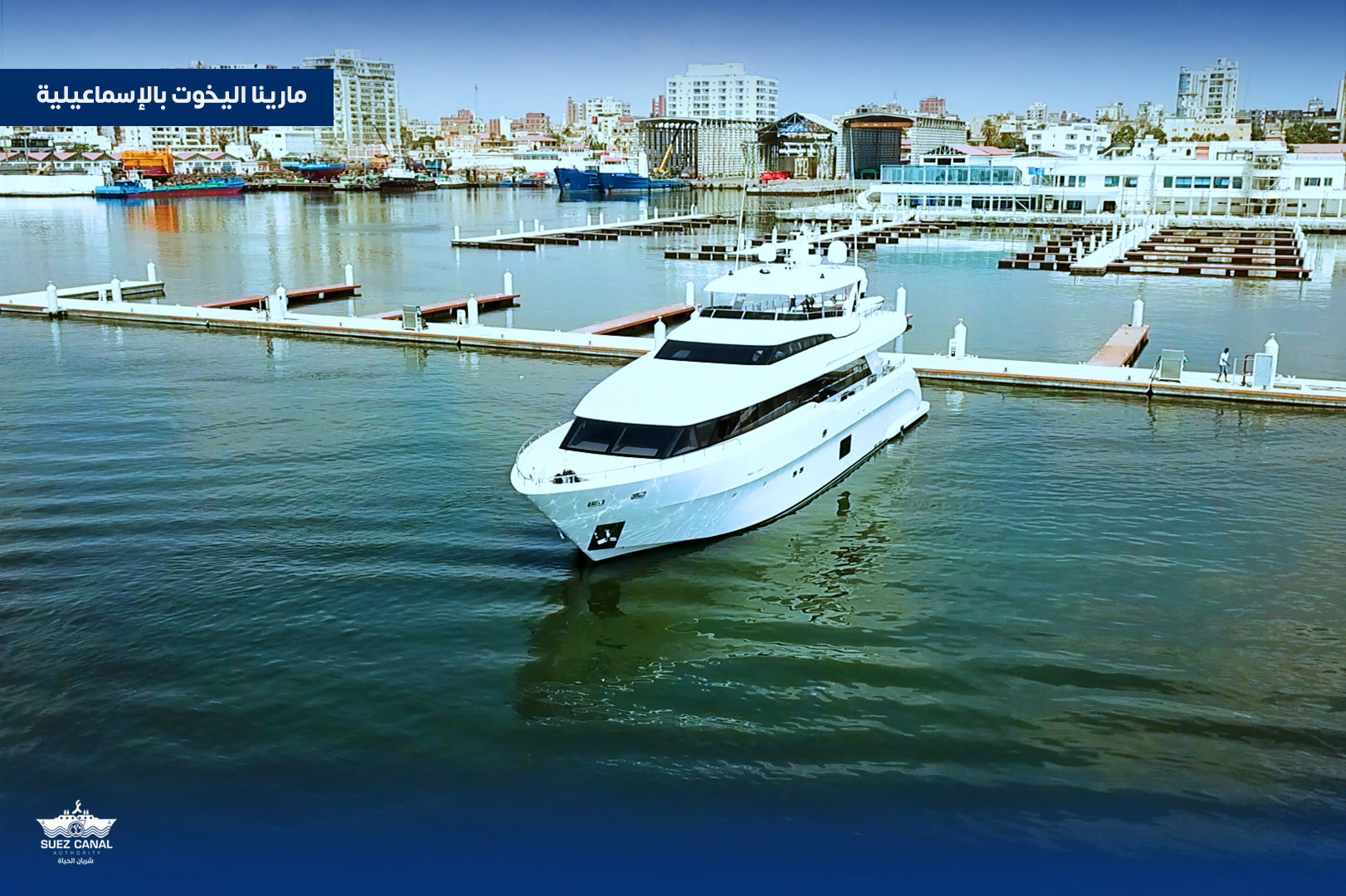The high-level conference on ”Sustainable Marine Development Towards 2030 and Beyond” was held in Jeddah, Saudi Arabia from 5-7 November 2019. Organized by the General Authority for Transport of the Kingdom, the conference highlighted the objectives of the International Maritime Organization (IMO) to achieve the United Nations 2030 Agenda for Sustainable Development, to preserve the environment of the seas and oceans, to provide specialized maritime education and training, to empower women in the maritime sector, and to facilitate maritime traffic through encouraging accession to the FAL Convention.
The speakers at the conference included Mr Kitack Lim, Secretary-General of the IMO; Ms Nancy Karitgithu, Principal Secretary, Maritime Commerce, Ministry of Transport, Kenya; and Dr Cleopatra Doumbia-Henry, President of the World Maritime University, among others.

President Doumbia-Henry delivered two speeches at the Conference: on Mainstreaming Maritime Education and Training in Public Education; and on The Maritime Labour Convention (MLC), 2006 – Identification of Future Projects and Initiatives.
President Doumbia-Henry emphasized the importance of effective implementation of IMO instruments and the importance of education and training as well as ensuring the updating of training materials. She noted that irrespective of future changes, there will always be a need for well trained professionals to ensure that laws and regulations are adopted to enable the effective implementation of Conventions, including any subsequent amendments. Inspectors, she indicated, will also need to be properly trained to inspect and enforce the Conventions in a harmonized manner. She added that “those who lead, operate and receive benefits from the industry will have to be educated in a paradigm of lifelong learning taking into account the need for increased sustainability of operations, efficiency, safety, security and environmental considerations with respect, in particular, to climate change and our oceans”.
On the MLC, 2006, Dr Doumbia-Henry referred to its importance in protecting seafarers rights to decent work at sea. The MLC she said “was designed as an all-encompassing instrument which was the outcome of intensive and extensive tripartite dialogue to ensure that effective minimum standards were adopted and implemented concerning working and living conditions for seafarers, regardless of their country of origin or the flag a ship flies. ILO, successfully working with IMO, managed to produce a Convention that has become known as the fourth pillar of the international regulatory regime for quality shipping, alongside SOLAS, MARPOL and STCW Conventions. The effective implementation and enforcement of the MLC, 2006 can only serve to support and complement the IMO Conventions dealing with ship safety security and environmental protection
press release















